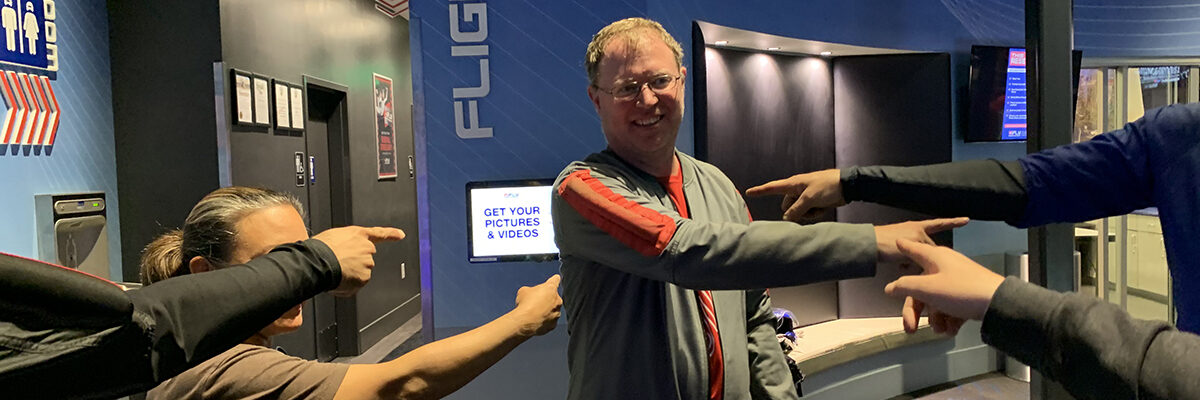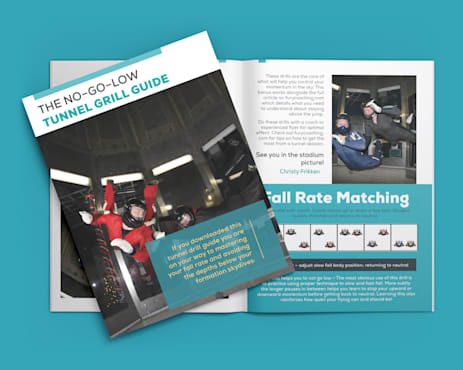Ready to punch your teammate? How to deal with it.
Monday, June 27, 2022

Teammate driving you nuts? Ready to break up the team? Stop! Before you do, try this.
Tensions are normal
First, realize it is normal to have some team tension. Everyone is working hard and cares deeply about the team’s success. Passionate people lumped together for long periods generates disagreements. That is a normal part of being a human in a group.
Shared goals
When passions bubble up, refocus yourself on a shared goal. For example, you got together because you wanted to learn a lot, have a great time, and crush the competition. Everyone is doing their best to make that happen (even if what you think is best is different than their perspective). Remembering they have common ground can help you see their viewpoint.
Let it Go
How does that Frozen movie go? Let it go. Not every little thing annoying you is crucial. Most of it probably does not matter in the scheme of things. So release the stress and find more chill in your life.
Communicate
If you decide something is still bothering you, the first step should be to communicate the issue. Take a mature approach at the right time. “It would help me if…” statements are perfect in this situation.
Do not let things fester, open up a dialogue sooner rather than later. Many teams implement regular communications sessions (Pass The Rock) to air grievances. I’ve had mixed success with Pass The Rock specifically, but any open and honest feedback gathering will provide the same chance for sharing issues.
Appreciate them
Remember that having different approaches brings strength to the team. Maybe their obsession over detail drives you nuts when they nitpick, but it is super helpful to have someone looking out for tiny technical opportunities. The big picture person might seem sloppy to you, but their eye for strategy helps drive the team forward. Learn to love how their differences make the group better.
Have fun together
All work and no play makes a team fight—Block of some time after training to hang out together. Have a beverage or plan a terrific group activity. Taking time to relax together can spark joy and keep tensions from escalating.
Behavior origins
If you have a teammate that is displaying negative behavior, take a moment to consider the source. For example, defensiveness or eagerness to point out other’s mistakes can come from a lack of confidence.
Your gut reaction might be to jump right back and “show them” why they are wrong. But, unfortunately, swinging back can make things worse. Counterintuitively, helping them feel accepted and unjudged for mistakes will reduce the problem.
Try not to let anger be your most significant response. Instead, approach the situation with love and sympathy and an interest in improving everyone’s experience. Use the light side of the force!
Do not gang up on them
Do not ally with other teammates to talk about the problem. Creating little “tea parties” within the team will add gas to the inferno. Instead, communicate with the person directly or talk to the whole group. Your team is not a reality show.
Your team is not a reality show.
Use the coach
As a coach, I can help navigate tension, and I have a lot of experience dealing with team dynamics. If the standard communication path is not working, you can ask your coach to help. Usually, this will result in guiding a communication session or offering extra help for someone struggling.
One note of caution – please do not “weaponize” your coach. Asking the coach to “make him/her do this,” getting the coach on ‘your side,’ constantly tattling, or approaching the coach before you’ve talked to the person isn’t the best way to develop your team. (And it probably won’t work if your coach is experienced)
Try to solve the problem with your kindness, support, and honest communication. If you want more help, the coach can provide guidance and perspective for moving forward.
Plan better next year
Worse comes to worst; ride it out. If it is an uncorrectable problem, and you still want to do the rest of the season, plan to make different choices in the future. If the team can’t continue, here are some options for a mid-season correction.
Tensions and disagreements are a normal part of being in a group, but it doesn’t have to define the team dynamic.
Remember:
- Focus on your shared goals
- Let the small stuff go
- Differences are also strengths
- Respond with respect, love, and kindness not anger
- Don’t gang up
- Ask a coach
- And communicate
Working through difficulties the right way can lead to a robust and high-performing team. In addition, the friendships forged will make the experience deeply rewarding!
Tags: team





